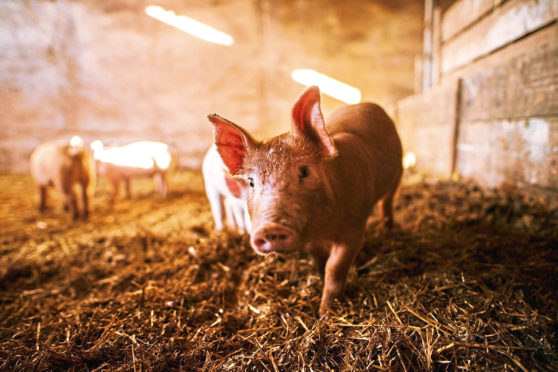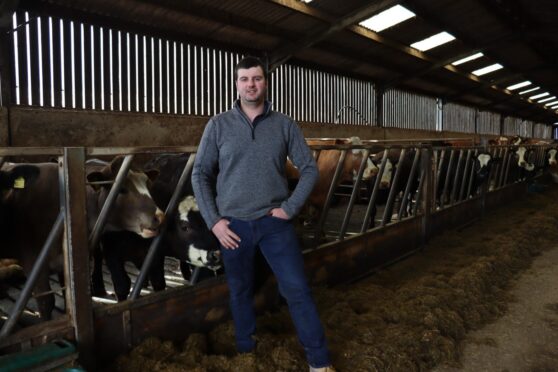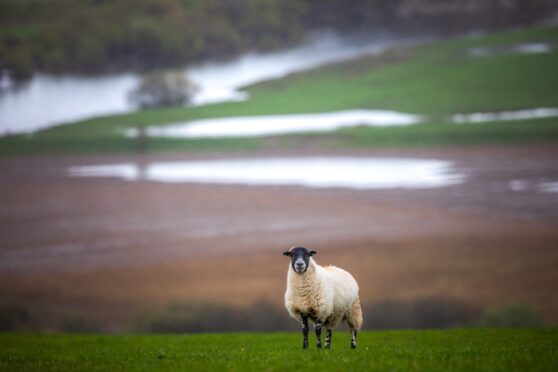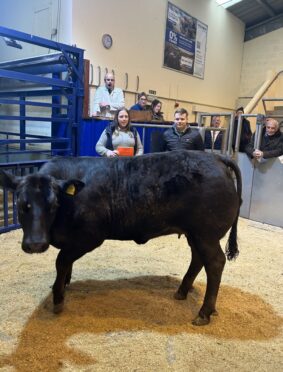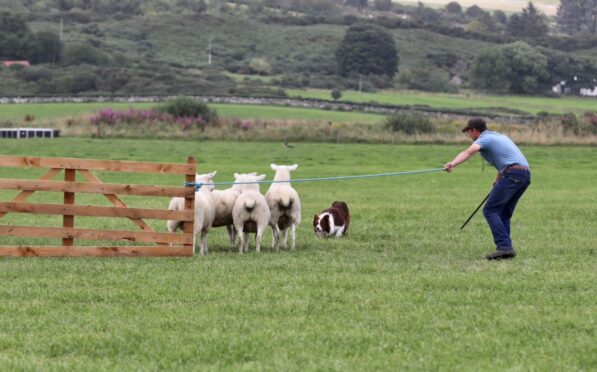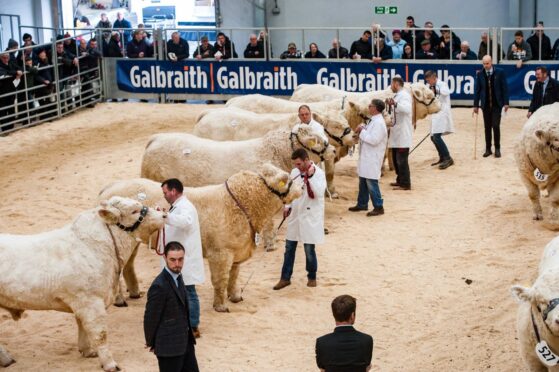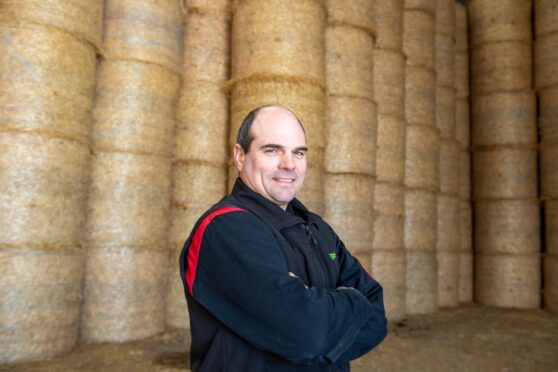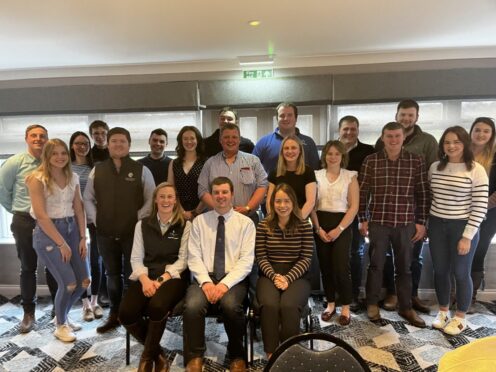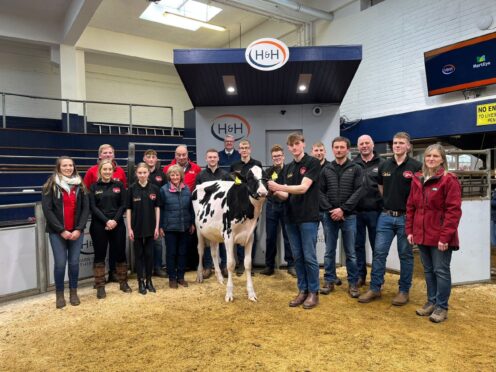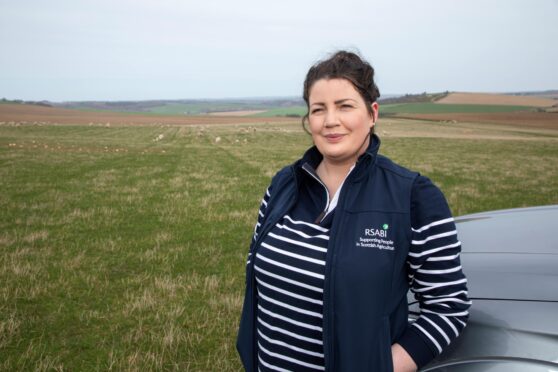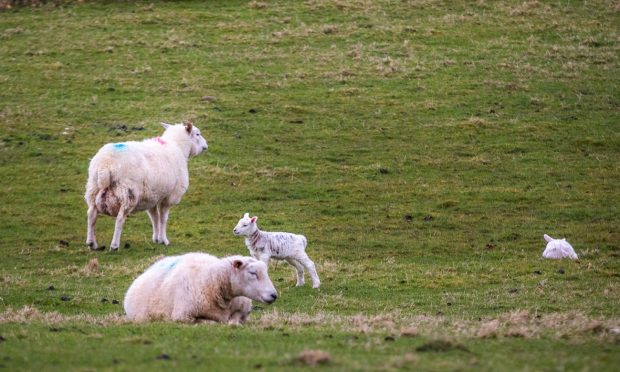Pig farmers have called on Defra to reject pig transport proposals which they say are driven by “perceived wisdom rather than science”.
The National Pig Association (NPA) has added its voice to the wider farming industry’s criticism of Defra’s consultation on live animal transport, pointing out the proposed changes would “damage the sector while being unlikely to improve pig welfare”.
The association’s senior policy adviser, Rebecca Veale said the proposed changes were not backed by available evidence.
“We are disappointed that the apparent assumption made by Defra is that current practice in the pig sector is sub-standard, when there is very limited evidence to suggest this during transport for both domestic and international journeys,” she said.
The NPA’s response to consultations by both Defra and Scottish Government on live animal transport is as critical as most submitted by much of the UK farming industry.
While the Scottish consultation looked specifically at the Farm Animal Welfare Committee (FAWC) report into animal transport and its recommendations, Defra’s version, which related to journeys in (or partly in) England and Wales, proposed a ban on the live export of stock for further finishing or slaughter and restrictions on journey length and conditions, including outside temperature during transport, headroom and stocking density.
Scotland’s farming union president Martin Kennedy condemned the FAWC report as “poorly written and simplistic in approach and shows no appreciation or understanding of livestock production across all parts of the UK.”
He said:“To ensure the best possible welfare outcomes, the FAWC report would have been better to focus on fitness of animals to travel and development of best practice guidance, rather than focussing on the length of journey or the external temperature at the time of transport.
“The proposed changes to journeys based on duration and weather conditions would cause serious delays and disruption, potentially damaging welfare outcomes. Proposed changes to vehicle requirements would add significant costs and lead to many more journeys being made, increasing greenhouse gas emissions which work against both farming’s and the government’s net zero targets.
“These are serious issues, especially when no evidence has been provided in the consultations to suggest they would actually benefit animal welfare.”
NPA’s Rebecca Veale added: “We sincerely hope that Defra takes into account the points raised by the NPA and others and works with us to ensure that any future proposed changes to pig transport policy are based on evidence, not sentiment.”
